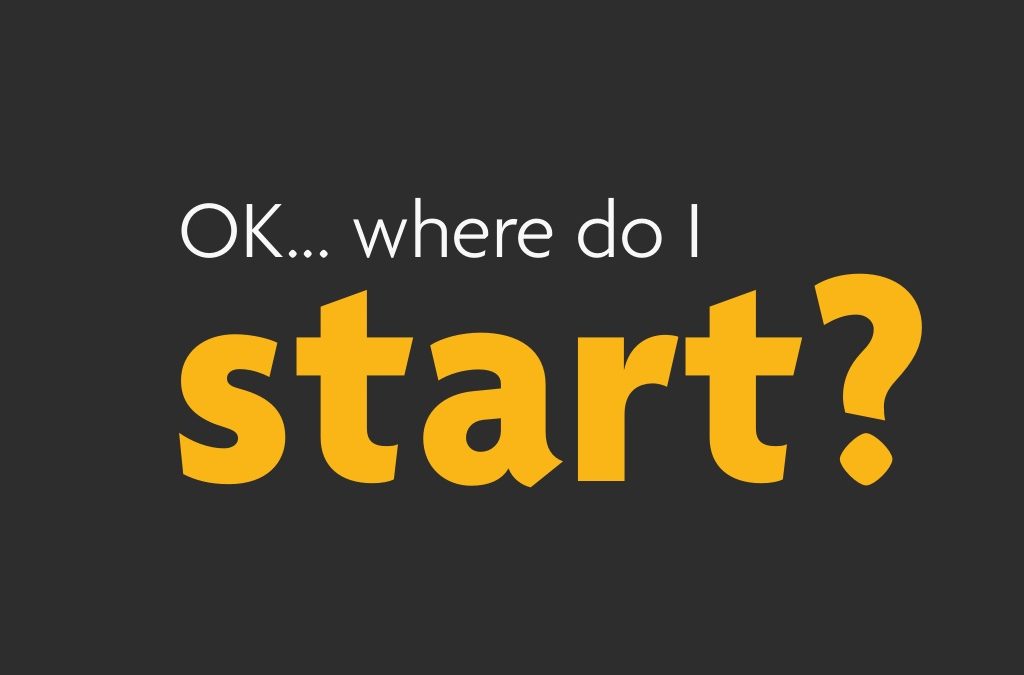Starting to learn about today’s environmental crises and their relation to human health can be quite overwhelming given the exponentially increasing number of resources that are becoming available.
The good news is that it probably doesn’t really matter where you start. In reality, if you haven’t completely isolated yourself from the rest of the world, you have already started learning about it anyway, simply by being online, not being able to avoid the occasional glance at print media, in conversations with friends and so on. In many ways this is surely necessary, but there is definitely a constant barrage of information about human-driven global warming and other environmental crises and their relation to the survival of human and other life on earth. So one way or another, you are probably already in the midst of your learning and it doesn’t matter too much where you continue to build on this, just so long as you do.
If you wanted to take a slightly more structured approach, which can sometimes take out some of that feeling of overwhelm, there are a number of really valuable, free courses and related resources available online that you might want to have a look at. In no particular order, these are:
Already pointed to in our previous post, here is a great interactive overview of some of the health impacts of human-driven global warming and a number of solutions to adapt to and mitigate them;
There are a number of good courses and resources available on the UN CC:Learn platform:
UN CC:e-Learn introductory course (12hrs) on climate change;
UN CC:e-Learn short course (2hrs) on human health and climate change;
UN CC:e-Learn short course (2hrs) on Sustainable diet;
And a resource guide on climate change and health available as a pdf or interactive version.
There is also a free Climate Health Short Course developed by Code Green, a division of the Australian Medical Students Assocation (AMSA);
A Training Manual on Climate and Health developed by the International Federation of Medical Students’ Associations (IFMSA) with support from the WHO, available in pdf format;
The Let’s Talk Health and Climate: Communication Guidance for Health Professionals guide developed by ecoAmerica and Climate for Health and available in pdf format, which aims to provide health professionals with tools and information on how to communicate the relationship between health and climate to groups and individuals.
A little further along these lines, and especially if you are already involved in teaching, you might also want to have a look at the following two resources:
The Climate Change: ‘We can fix it’ World Cafe, a 3 hour activity for analysing, comparing, and presenting climate solutions proposed and now underway from governments, non-governmental organisations, businesses, scientists, citizens, and more. This is freely and openly available on the website of Associate Professor Dr Kim Nicholas from Lund University Centre for Sustainability Studies in Lund, Sweden;
The Climate Change and Human Health Lesson Plans available through the US National Institute of Environmental Health Sciences.
Keep in mind that the intention here is not to give you a comprehensive, or even ‘best of’ list. As the field continues to grow this list will surely get longer as well, so we will either expand the list in this blogpost as we go, or keep you updated in some other way.
As with all other reading, another point that you might want to reflect on as you work your way through one or more of these, is that all of them are made by different people, groups, and organisations, probably come from slightly different perspectives, have slightly different objectives, etc.
It is, for example, interesting to note that there are no such resources available from within physiotherapy, or specifically for physiotherapists to date, a situation that we hope to change in the future; and, also keep in mind that most of these resources look at human health in relation to climate change specifically. At least for now, they do not factor in the various other closely related environmental issues like loss of biodiversity, plastic and other pollution, etc., as explicitly. So it is likely that this will need and see further development as well.
At any rate, we hope that this will be helpful in ‘getting you started’, or, keeping you going with your learning about human health and functioning, healthcare, physiotherapy, and the environment.
Filip Maric (PhD)
Filip Maric is a physiotherapist and researcher interested in practical philosophy, ethics, environmental physiotherapy, planetary health and sea kayaking.


Thank you for the useful resources
It’s a pleasure Karien. The more of us know more, the more will get done. 🙂